Why Humans Should Stop Worrying About Robots Taking Their Jobs

Posted on Jun 19, 2017 8:09 AM. 2 min read time
When the topic of robots in manufacturing comes up, the first thing people talk about is a fear of losing their jobs to robotic workers. It’s a constant topic that seems to sprout up everywhere, but it’s a needless concern. Robots are enriching and enhancing jobs, but they aren’t taking them. Part of this is because collaborative robots are replacing fenced solutions, but that’s just scratching the surface.
You’ll be surprised at how they are set to benefit us more than replace us.
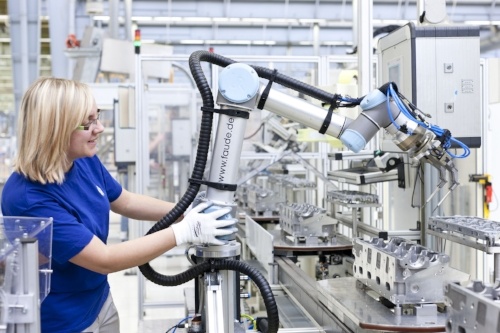
3 Reasons Why Humans Need to Stop Worrying, Your Jobs are Fine
It’s perfectly normal to assume that a robot that can do your job would replace you, but that’s a very surface-level way of thinking. Collaborative robots don’t take jobs, they assist in performing them. For example, if your job typically has you doing something repeatedly with a high margin for a error and a potential for injury in the long-term, a robot could do it for you.
In return, you could be responsible for something more important that requires more thought and finesse. Here are three reasons why humans should stop worrying about robots:
1. Everything Requires a Human Touch
Robots can only do so much as workers. Eventually, any manufacturing process will require a human touch. One such example is quality inspection. A robot can put something together, but it can’t decide if the finished product is worthy.
Mundane and repetitive tasks are something robots can take from humans, but in doing so, they open up their human co-workers to perform more complex tasks or inspections like the example above. Furthermore, customer or client-facing jobs that require both personality and communication cannot be handled by robots.
2. Robots Can’t Do It All Alone
The reason for collaborative robots is simple: they cannot do it alone. Today’s robots are incredible in their ability to repeat a task ad nauseam, but they can only do simple things. When combined with humans, they become more productive and valuable members of the team.
Simply on their own, robots cannot feasibly complete all the steps in a manufacturing process. Humans are required to assist. Even if the robots could do most of the work, they would still someone to monitor, program, and maintain them.
3. Robots Create Jobs
This one will probably raise your eyebrows. After all, how can robots possibly create jobs? The truth of the matter, is that people working in manufacturing are always trying to increase their wages, but companies are unwilling to pay higher wages for simple tasks. The introduction of robots allows these people to take on more important responsibilities with more potential for higher wages.
In addition, someone has to manufacture, design, program, and maintain the robots. All of these tasks require people and create jobs for these specialized skills. Yet another job could be presenting and selling these types of jobs to various manufacturers. All of these jobs come with their own individual levels and specializations, thus providing new jobs for people.
All of this also leads to increased production with the assistance of robotic co-workers. As manufacturers grow and evolve, they will require more people to fill position. And so, more jobs are born.
Final Thoughts
Robotic workers are not here to steal jobs. They are here to enhance them, raise the quality of life for human workers, and even create new jobs themselves. They, like humans, have limits. We complement each other in new and exciting ways. How do you prove to people that robots don’t steal jobs? Let us know in the comments!

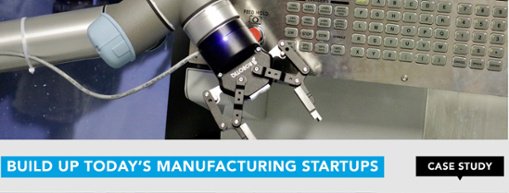
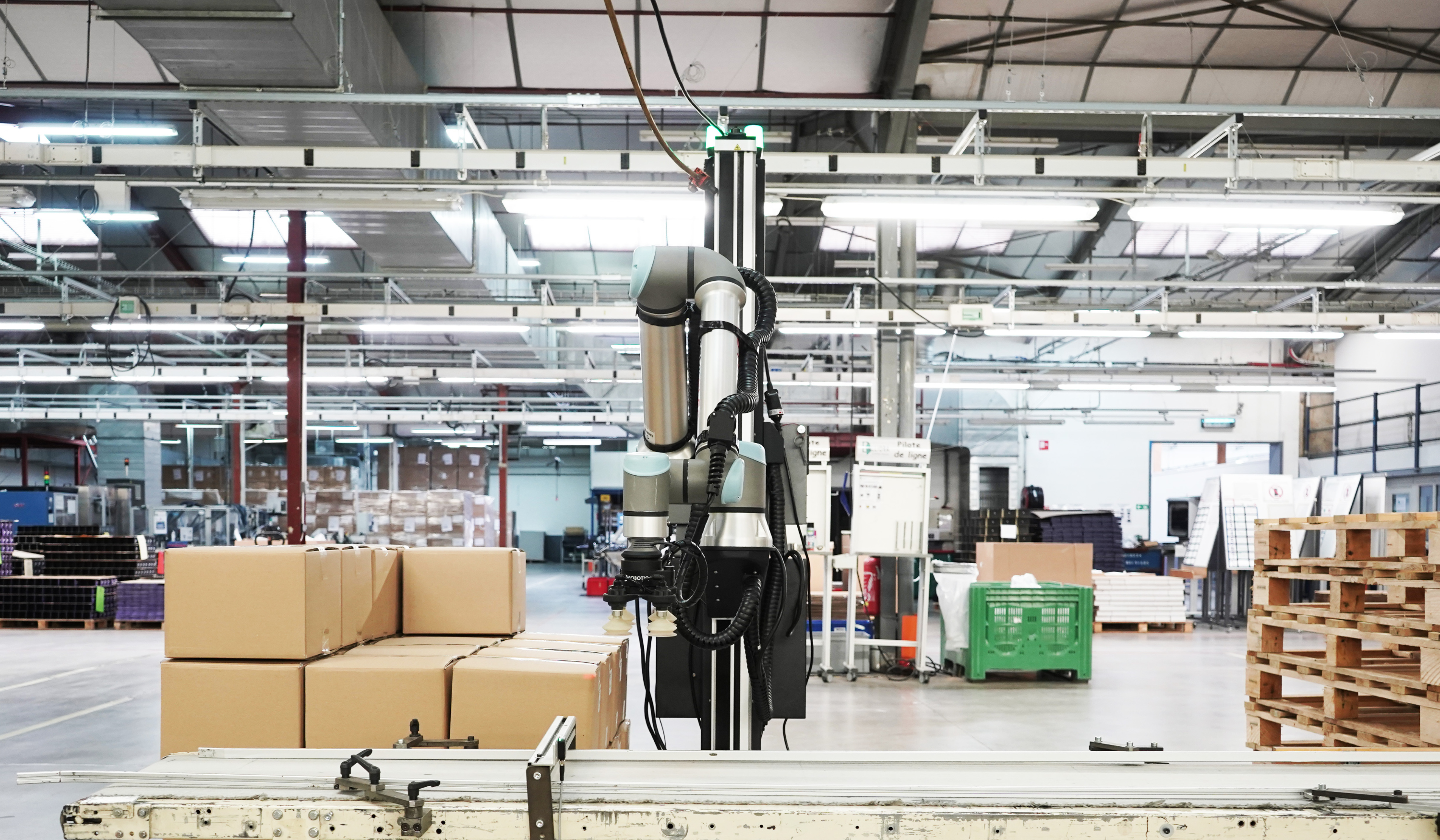

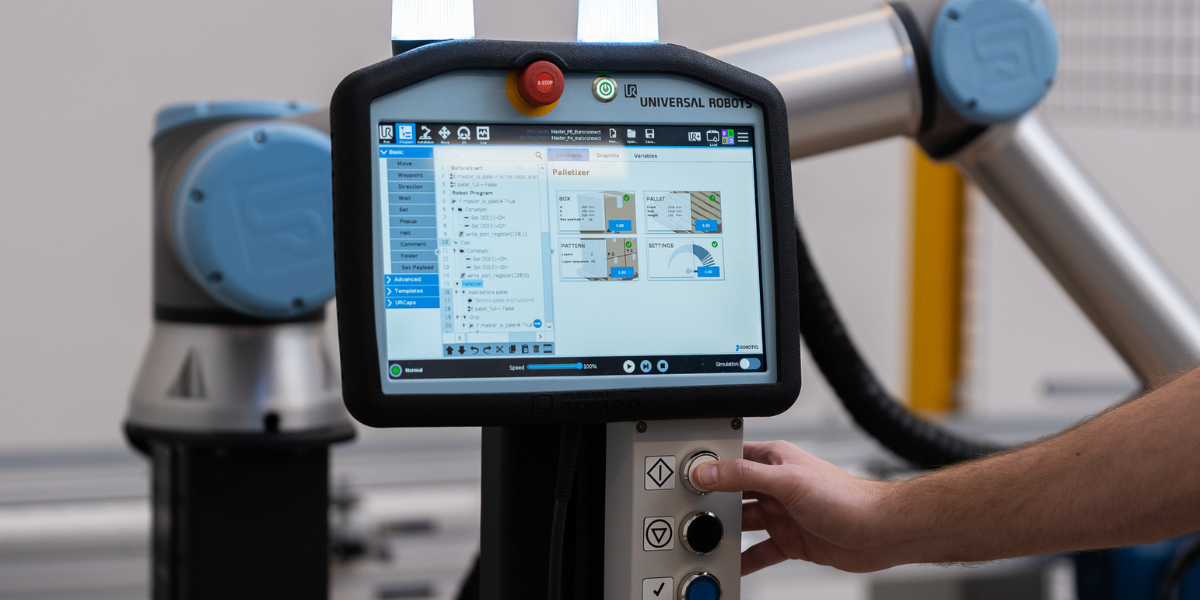

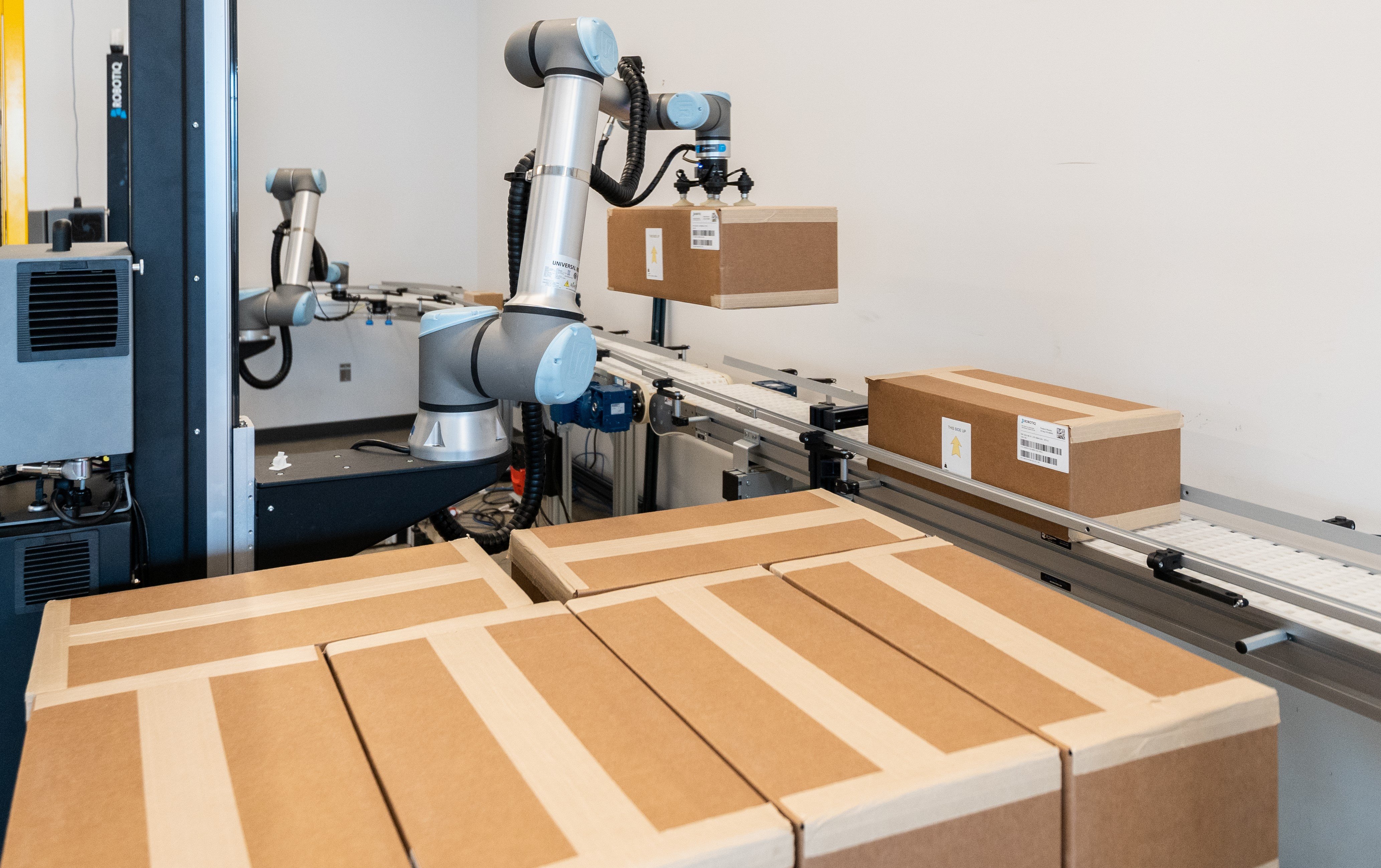

Leave a comment